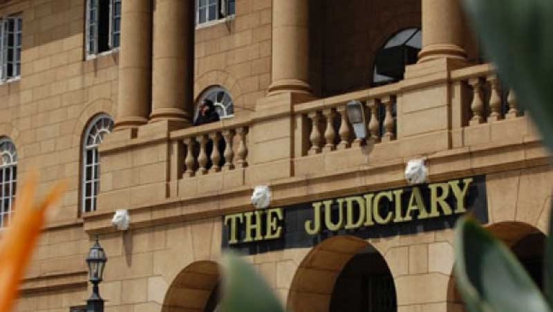
Last week’s developments within judicial sanctums in Kenya and at the International Criminal Court have demonstrated again the need for robust mechanisms of judicial accountability. In the Kenyan context, a complaint by Rashid Mohammed claiming that the Registrar of the Supreme Court, Esther Nyaiyaki, had doctored her Scrutiny Report on Presidential Election Forms that partly informed the court’s drastic and highly consequential decision to invalidate the poll, the DPP instructed the Director of Criminal Investigation to probe the matter.
Similarly, a leaked investigative report by a consortium of media actors in Europe including the respected German paper Der Spiegel, has exposed the former Prosecutor of the ICC as having sought to influence prosecutorial decisions, including the Kenyan cases after leaving office. The over 40,000 leaked documents also show that Ocampo owned several companies in tax havens which received funds from dubious sources, creating doubt on his integrity. While the two cases bring to the fore serious concerns on the conduct of judicial officers, the reaction of judicial authorities in Kenya and at The Hague provide interesting contrasts.